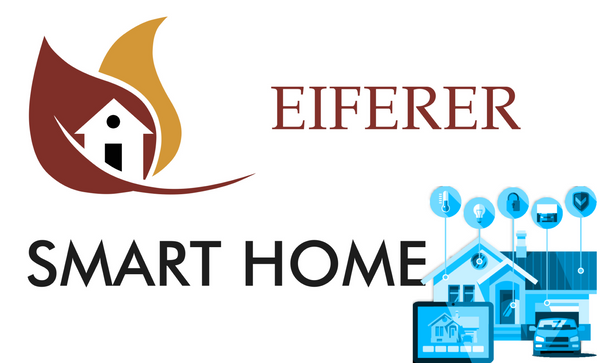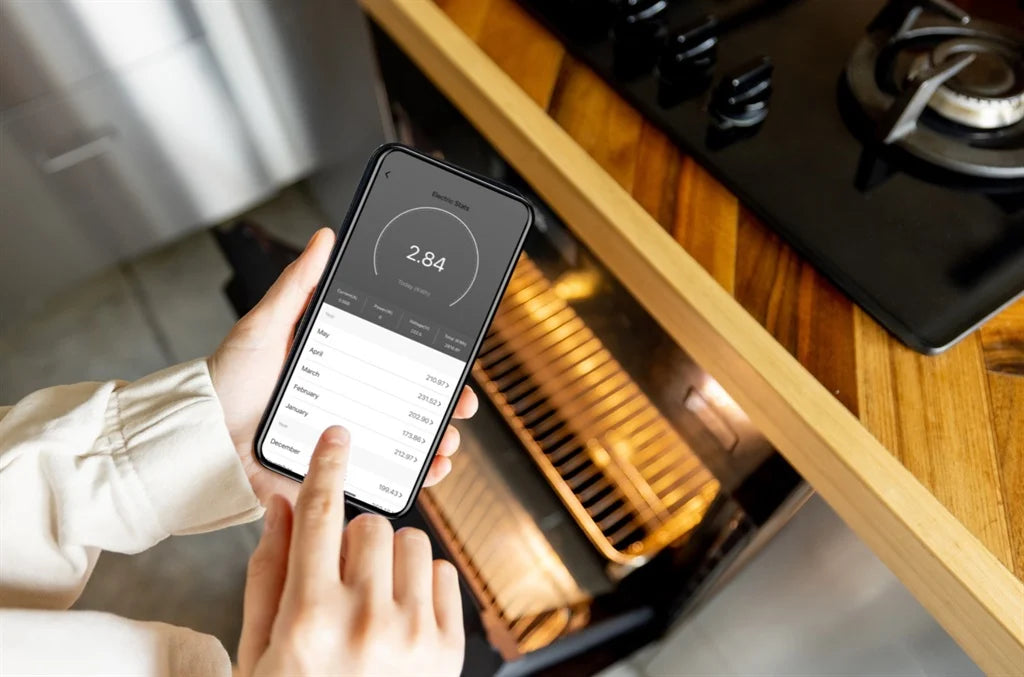South Africans are increasingly adopting smart home innovations, and the phrase “home is where the tech is” perfectly defines modern living. These innovations continue to adapt and evolve, making our lives safer and more convenient, but also saving energy and money.
This is according to Dr Andrew Dickson, Engineering Executive at CBI-electric: low voltage, who adds that in 2024, homes will become even more high-tech in terms of the efficiency, functionality, and personalised living experiences they provide.
“We may still be a few years away from homes resembling those dreamed up by sci-fi movies, but we are already heading in the direction of smart technology becoming less of a luxury and more of a staple in modern homes.”
Just have a look at how this lady goes about her day – from waking up to going to bed, her home and comfort are controlled through her phone.
Below, Dr Dickson shares four trends that will help make South African homes even smarter this year:
1. Improved Internet Speed: Earlier this year, the Independent Communications Authority of South Africa (ICASA) will hold another auction for radio frequencies, including 5G. What will the rollout of more 5G mean for smart homes?
- Lightning-fast internet speeds
- Instant communication between devices
- The ability to connect even more gadgets within a smart home ecosystem
- Greater stability and reliability of smart home systems (which is especially handy when monitoring and controlling systems remotely and in real time)
Ultimately, the rollout of 5G is set to make smart home capabilities even better, more intelligent, and more efficient.
WiFi-7 is also set to roll out in the country this year. This means better internet connection to devices in the home, as well as a bigger range and nearly five times the speed of Wi-Fi 6. This, however, is also reliant on the release of more spectrum and regulatory approvals.
2. Incorporation of Artificial Intelligence (AI): AI uses data analysis and processing abilities to pick up user patterns, meaning it can anticipate and implement your future decisions in a smart home. By integrating AI into smart home devices, these products can learn and adapt to a user’s habits and preferences, optimising efficiency, intuitiveness, and responsiveness. Consequently, homes become attuned to the unique needs and preferences of their inhabitants. One practical example is a smart lighting system that automatically adjusts the lighting in the entire home according to the time of day or the user's activities. AI will also assist homeowners who may not be tech-savvy by offering them the opportunity to implement advanced automation with their smart devices without the need for manual programming.
In the future, generative AI will make smart homes even smarter. Soon, these tools will not only help to identify appliances that require preventative maintenance but also set up appointments with service providers for their upkeep based on the homeowner’s schedule and availability.
Just imagine your home telling you it’s time to service your car or washing machine!
3. Smarter security: Technological innovations are becoming increasingly incorporated into various smart home security systems. Take, for example, the evolution of smart locks, which you can now activate through fingerprint recognition, PIN codes, voice recognition, and phone apps. Blockchain is also set to play a crucial role in making smart home security systems more secure and less susceptible to hackers. And with AI’s ability to recognise residents' usual behaviour, it can now let you and your security company know if there is any unusual activity in and around your home.
4. Energy optimisation: Anticipating a 20,200MW energy shortfall in 2024, homeowners are turning to smart home technologies like those in the CBI Astute Range of products to monitor and manage energy consumption. These technologies collect and analyse vast amounts of data, helping users identify areas for improvement. Plus, automation can assist them in adjusting their usage, even when they’re not at home.
And with more South Africans embracing rooftop solar, smart technology enables the effortless integration of renewable energy sources into your home to lower or cut out the impact of load shedding, while also reducing power usage.
“In 2024, smart homes will become sanctuaries of innovation, enriching the lives of South Africans and heralding a future where homes understand, adapt and even pre-empt the unique needs of their residents," concludes Dr Dickson.

